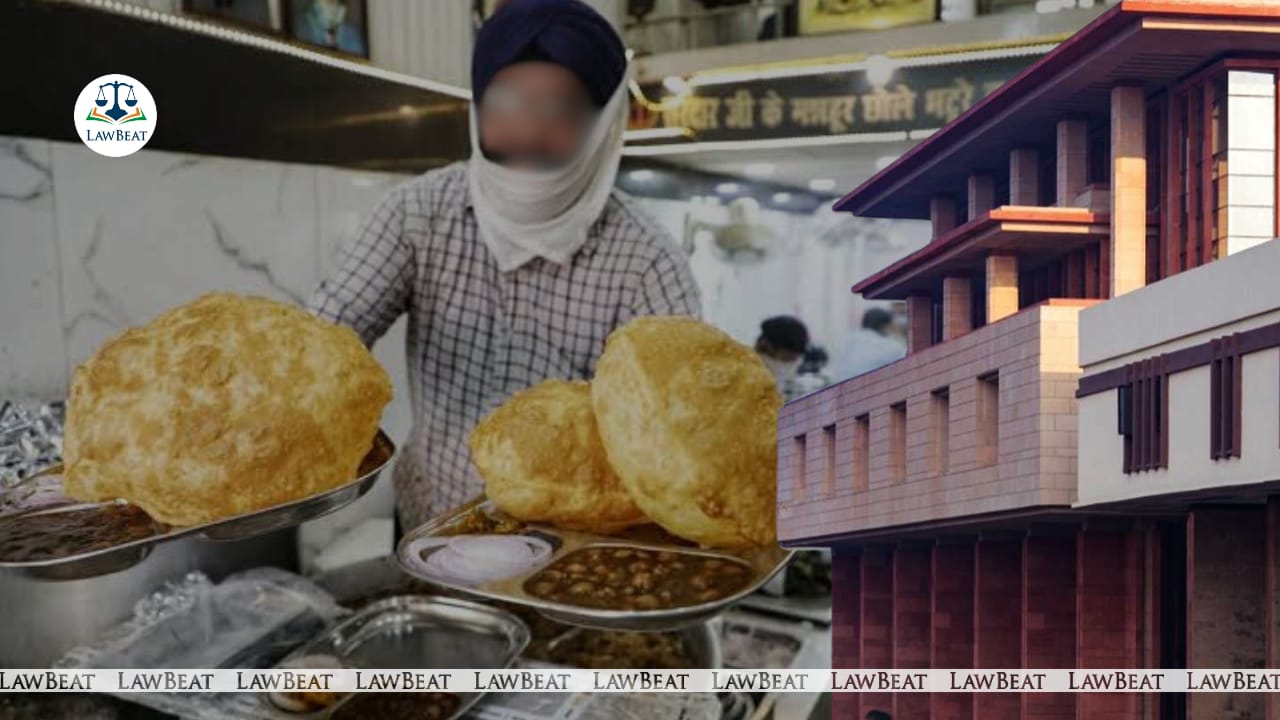Freezing Account Of A Chhole-Bhature Vendor ‘Amounts To A Violation Of Right To Livelihood’: Delhi HC

A small-time vendor from Ashok Vihar, Delhi, faced an unexpected crisis that disrupted his daily life and livelihood. The petitioner, who earned his living selling chhole-bhature from a roadside cart, maintained a savings account with Union Bank of India. On October 1, 2024, when he attempted to access his bank account, he was shocked to discover it had been frozen due to INR 105 being credited to his account connected to a cyberfraud.
The Delhi High Court, recently, in a petition filed by Chhole-Bhature Vendor against freezing of his bank account held, “passing of an order of freezing the entire bank account of the petitioner has a serious and adverse implication and invades and encroaches upon his invaluable right to earn and live with dignity”.
The bench of Justice Manoj Jain further remarked, “The impugned action, in essence, amounts to a violation of fundamental right of the petitioner, as it directly undermines his right to livelihood, which is integral part of the Right to Life guaranteed under Article 21 of the Constitution”.
The vendor, upon rushing to the bank and following up persistently, learned that an unknown individual had deposited ₹105 into his account, an amount reportedly linked to a cyber fraud. Acting on instructions from the investigating agency, the bank froze the petitioner’s entire account, leaving him unable to access his funds. At the time of the freeze, the account held ₹1,22,556—savings the petitioner relied upon to meet his daily expenses.
The petitioner denied any involvement in or knowledge of the alleged cyber fraud. He argued that the deposit might have been an innocent payment from a customer who purchased three plates of chhole-bhature via an electronic transaction. He further contended that freezing his entire account without prior notice, a hearing, or adherence to principles of natural justice violated his fundamental rights.
During the court proceedings, it was revealed that the freezing action was initiated based on an FIR registered in Andhra Pradesh concerning a cyber fraud of ₹71,000. However, only ₹105 of this amount was traced to the petitioner’s account. The petitioner was not named as a suspect, nor had he been contacted by the investigating agency.
“This Court can understand the difficulty which the petitioner must be facing because of the fact that his bank account has been frozen. The petitioner is a small-scale vendor, engaged in sale of food items and dependent on his daily earnings to sustain his family”, the court emphasized.
The court recognized the grave impact of the account freeze on the petitioner, a small-scale vendor dependent on daily earnings to sustain his family. The action was deemed an infringement on his fundamental right to livelihood under Article 21 of the Constitution. The court noted that while the investigating agency was justified in securing suspected funds, freezing the petitioner’s entire account was disproportionate to the issue at hand.
The court outlined, “The continued freezing of the entire bank account of the petitioner, without even hinting that the petitioner was either mastermind or accomplice in the cybercrime or knowingly received the funds as part of any illegal activity will not be justifiable and sustainable, at the moment”.
Acknowledging the petitioner’s plight, the court directed the bank to lift the freeze on the account, limiting any restrictions to the disputed amount of ₹105. This decision allowed the petitioner to resume normal operations and access his hard-earned savings. The court, issued the order, emphasizing that, “This is being done to ensure that a small-scale vendor like petitioner herein is in a position to continue to do his business and there is no violation of his valuable right of livelihood”.
For Petitioner: Advocates Anil Goel and Aditya Goel
For Respondent: Senior Advocate Amit Gupta with Advocates Vidur Dwivedi, OP Gaggar and Sachindra Karn
Case Title: Pawan Kumar Rai v Union Of India (2024:DHC:9776)
